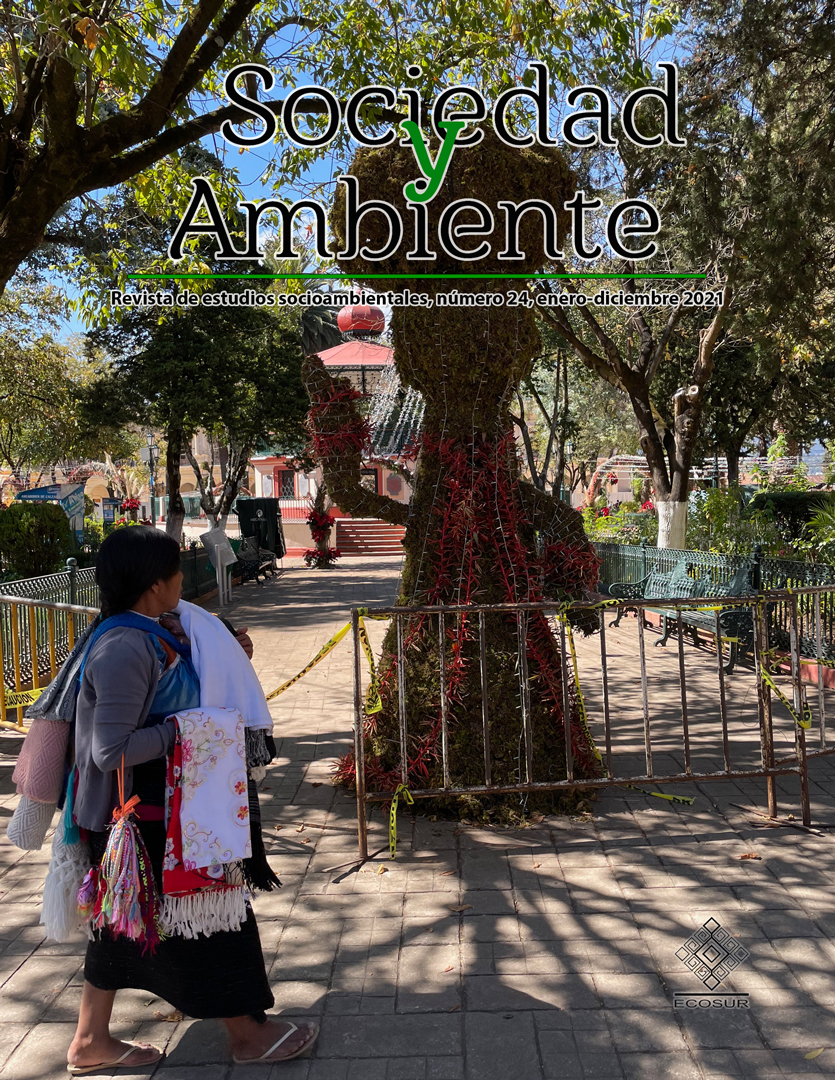Abstract
With a fundamentally urban population, Mexico faces great challenges in planning and equitable distribution of urban green areas from the perspective of ecosystem services provision. This work aims to deepen the knowledge and causes that originate inequity in the distribution and provision of urban green areas and the ecosystem services they provide. For this, a systematic search of specialized literature was carried out, ranging from 1990 to date. Out of 34 selected publications, parameters of provision, accessibility, quality, perception, and their relationship with socioeconomic factors, existing problems, and their causes were coded and analyzed (PRISMA method). The results show inequity in the provision, access, and quality of green areas, mainly affecting people with limited resources and particular population groups. The causes of this have a legal, administrative, and non-compliance with the law origin, combined with historical factors and forms of urban growth. The analysis reveals that the use of different concepts and methodologies produces variations in the results. The green area's concept influence in determining the types of ecosystem services provided is demonstrated and in the analysis of their equitable distribution.

Sociedad y Ambiente by ECOSUR is licensed under a Creative Commons Reconocimiento-NoComercial-SinObraDerivada 2.5 México License


